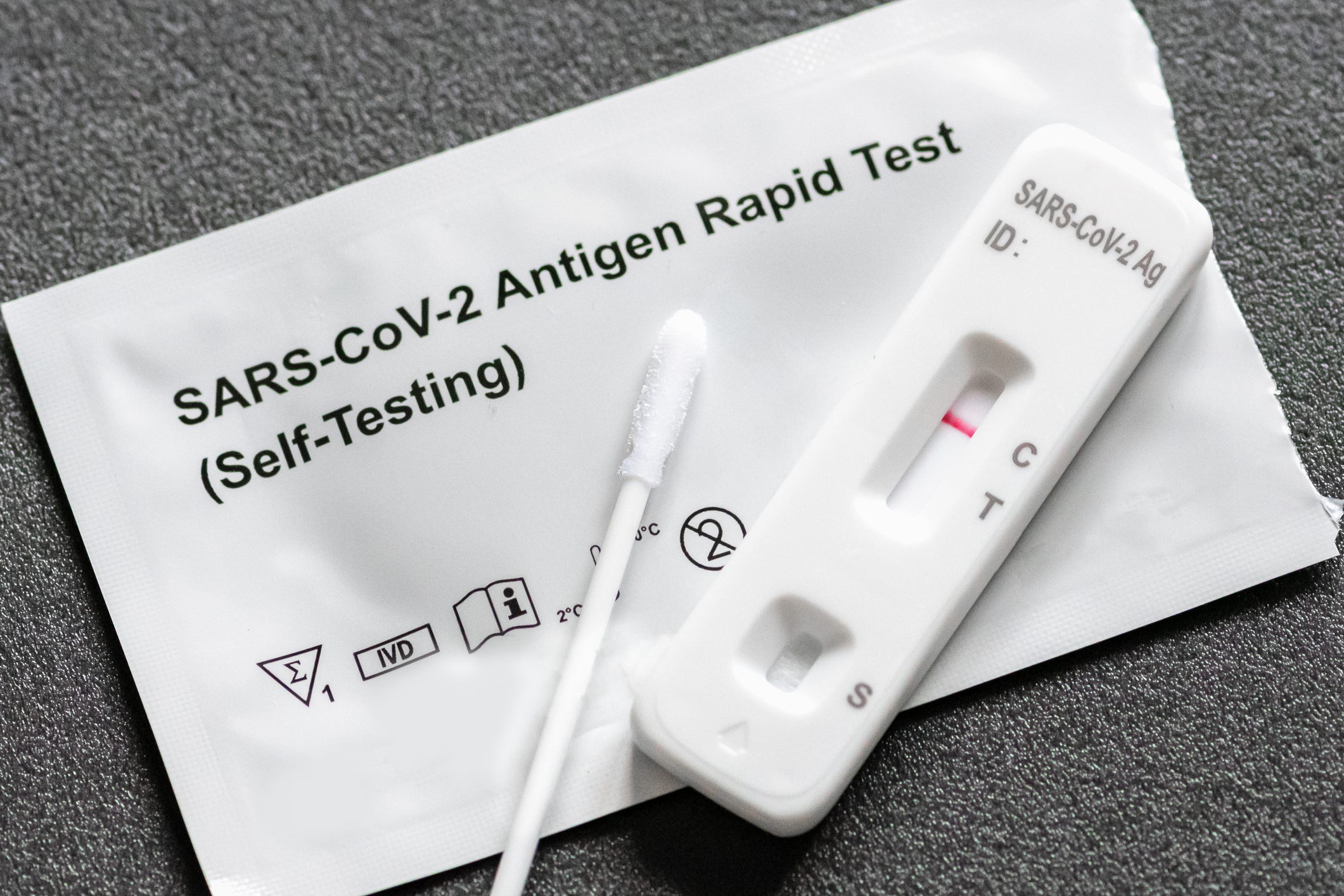Introduction:
Rapid antigen test kits are an important tool in the fight against COVID-19. They allow for fast and efficient testing of individuals for the presence of the virus, which can help to identify and isolate infected individuals before they can spread the virus to others. In this article, we will explore the usefulness and limitations of rapid antigen test kits, as well as some of the key considerations when using them.
What are Rapid Antigen Test Kits?
Rapid antigen test kits are diagnostic tests that detect the presence of viral antigens in a patient’s body. These tests are designed to be simple, portable, and provide results quickly, typically within 15-30 minutes. Rapid antigen test kit are often used as a first-line tool for diagnosing COVID-19 infections, particularly in resource-limited settings where laboratory testing may not be readily available.
How do Rapid Antigen Test Kits Work?
Rapid antigen test kits work by detecting the presence of viral antigens in a sample taken from a patient’s nasal cavity or throat. The sample is then placed on a test strip containing antibodies that are designed to recognize and bind to specific antigens associated with COVID-19. If the virus is present in the sample, the antibodies will bind to the viral antigens, triggering a chemical reaction that produces a visible result on the test strip.
Usefulness of Rapid Antigen Test Kits
Rapid antigen test kits have several advantages over other diagnostic tests, including their speed and portability. They can be administered on-site, which means that results can be obtained quickly and without the need for specialized laboratory equipment. Rapid antigen test kits are also less expensive than other types of tests, which makes them more accessible to a wider range of patients and healthcare providers.
Limitations of Rapid Antigen Test Kits
Despite their usefulness, rapid antigen test kits do have some limitations. For example, they are less sensitive than other types of diagnostic tests, which means that they may not detect all cases of COVID-19. Rapid antigen test kits also have a higher rate of false positives, which means that some patients may be mistakenly diagnosed with the virus when they are actually negative.
Considerations for using Rapid Antigen Test Kits
When using rapid antigen test kits, it is important to consider several factors. For example, healthcare providers should be properly trained to administer the tests and interpret the results. The tests should also be used in conjunction with other diagnostic tools, such as PCR testing, to confirm the results. Finally, rapid antigen test kits should only be used in the appropriate settings, such as when testing asymptomatic individuals or in outbreak situations.
Conclusion
Rapid antigen test kits are a valuable tool in the fight against COVID-19, providing fast and efficient testing in a variety of settings. While they have some limitations, rapid antigen test kits are an important component of a comprehensive testing strategy, particularly in resource-limited settings. By understanding the usefulness and limitations of rapid antigen test kits, healthcare providers can make informed decisions about how and when to use them.

